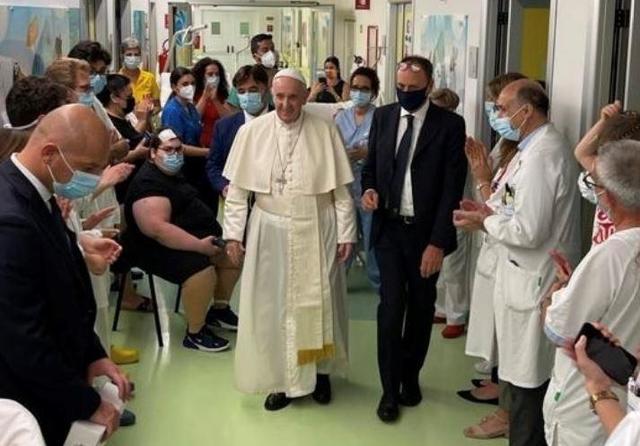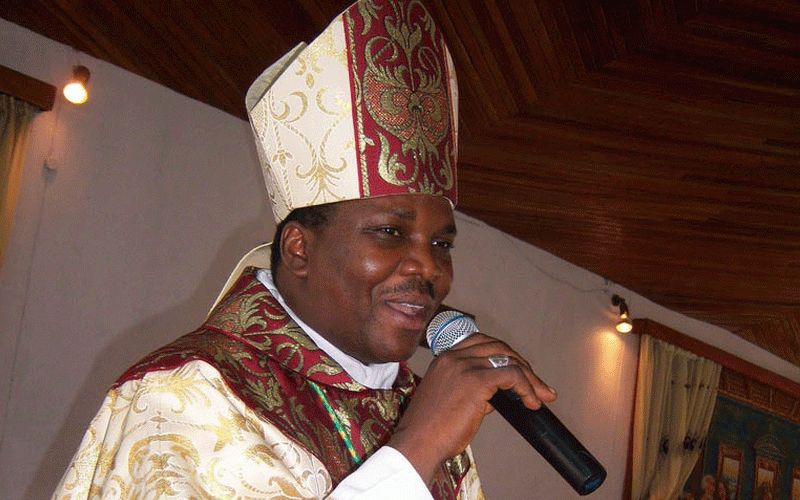In a poignant message, Archbishop Matthew Kukah highlights the multiple challenges facing Nigeria, including food deficit, corruption, nepotism and insecurity. The Bishop of Sokoto calls for urgent action, saying the country must find its way back to honor and human dignity by investing in agriculture and returning its farmlands to its people.
Nigeria’s enormous agricultural potential remains largely underexploited, which is alarming as the World Food Program (WFP) projects that 26.5 million Nigerians could suffer from acute hunger between June and August 2024. These figures mark an increase considerable compared to the previous year, when 18.6 million people were already food insecure.
Persistent insecurity, adverse effects of climate change and lack of sufficient investment are hampering agricultural production in Nigeria. Attacks by jihadist groups and criminal gangs have forced millions of people to abandon their agricultural lands, while extreme weather events are worsening the situation. However, a lack of investment in the agricultural sector remains the underlying problem, with the economic system still largely dependent on oil exports.
Despite its 70.8 million hectares of fertile agricultural land, Nigeria struggles to feed its population of 220 million inhabitants. Local rice production has increased in recent years, but only 57% of annual rice consumption is produced locally, creating a deficit of nearly 3 million tonnes that is filled by massive, often illegal, imports.
Nigeria relies heavily on food imports, spending nearly $10 billion annually on goods from around the world. Despite this, plans to modernize Nigerian agriculture are underway, with proposals including the adoption of innovative agricultural practices and the use of improved seeds. However, these initiatives are hampered by the oligopolistic control exercised by a few large global companies over food production, according to Fides.
Faced with this looming crisis, it is imperative that Nigeria implement effective agricultural policies, foster domestic and international investment in the sector, and promote sustainable use of its natural resources. Only collective and determined action can enable the country to meet the challenge of food security and ensure the well-being of its citizens.
- RECOWA-CERAO WELCOMES TWO NEW BISHOPS - July 26, 2024
- TODAY WE ARE TAKING UP THE THIRD SEGMENT IN OUR SERIES - July 26, 2024
- CHARACTERISTICS OF GREAT LEADERS SHARED BY A USA AUTHOR - July 25, 2024






